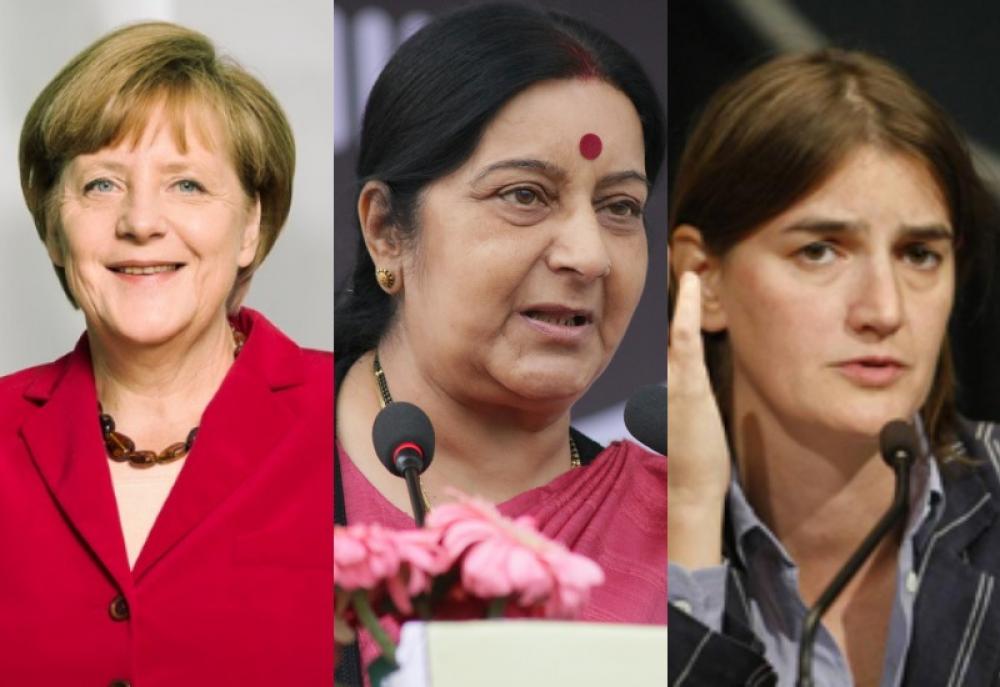Just Earth News | @justearthnews | 20 Oct 2017, 09:48 am Print

The ongoing Communist Party Congress in Beijing, China, has drawn wide attention as it will play an important part in shaping the future of China and along with it a part of the world.
Over 2,280 have taken part in it, but fewer than a quarter of these delegates are women, thereby raising question if China has a problem with women in politics.
However, a comparative study about other countries' gender ratio in politics has led to the conclusion that the problem in not only Beijing's alone, but is shared by other nations too, including the most developed ones.
The Chinese Communist Party has a membership of 89.4 million, out of which 26 percent, or roughly 23 million members are women, according to the BBC.
China's National Congress has a women membership of 24 percent.
The parliament is open to all parties.
China's numbers are low, but when compared to that of India or Japan, they fare better.
India's Lok Sabha has just 11 percent women members while Japan's House of Representatives houses only nine percent.
In the UK, only 32 percent of MPs in the House of Commons are women.
However, some nations like Rawanda and Cuba have a better record.
While 61 percent seats in Rwanda's Chamber of Deputies belong to women, Cuba's Asamblea Nacional has around 49 percent.
Explaining the results, Professor Lynette H. Ong, Professor of Political Science at University of Toronto, says, "The long-standing perception that women's place belongs at home and in the kitchen mean they are not meant to be ambitious."
"Their societal role is to be caregivers to the husbands, children and grandchildren," the professor adds.
According to Martin Chungong, Secretary-General of the Inter-Parliamentary Union (IPU), the present scenario is encouraging yet to achieve equality, it will take another 50 years judging by the current pace.
"In 2016, we saw confirmation of a trend we had been seeing, when it comes to representation of women in parliament, there is progress but the progress is excruciatingly slow. At this rate, it will take 50 years to reach 50-50 parity," Chungong was quoted in the media as saying earlier this year.
Even though some women are leading their respective parties, states and in some-cases countries, they still have a long way to go in terms of parity
- UN’s chilling 2024 finding: Women are being killed every 10 minutes — Not by strangers!
- Argentina witnesses mass protests over torture, murder of three women
- New study shows one in three Australian men committed intimate partner violence
- Funding cuts in Afghanistan mean ‘lives lost and lives less lived’
- UN report says Iran using app, tech to monitor women who are not wearing hijab





-1763561110.jpg)
